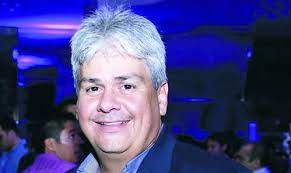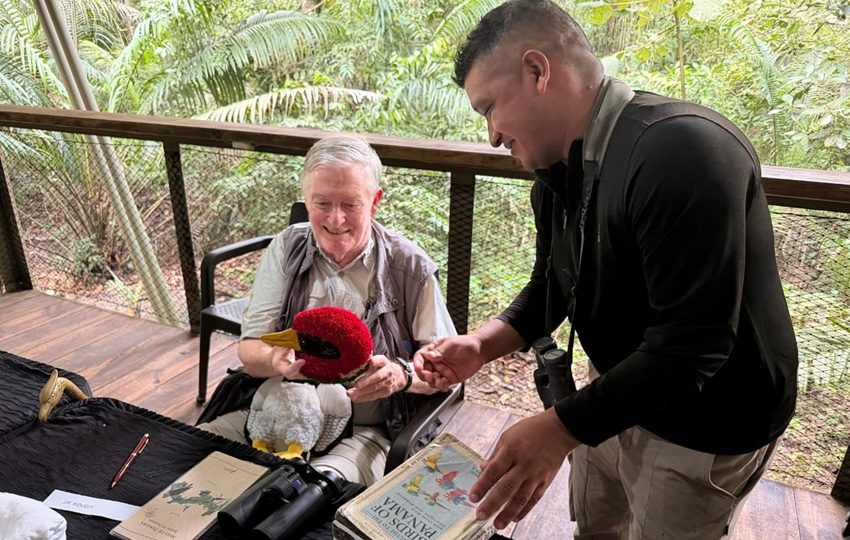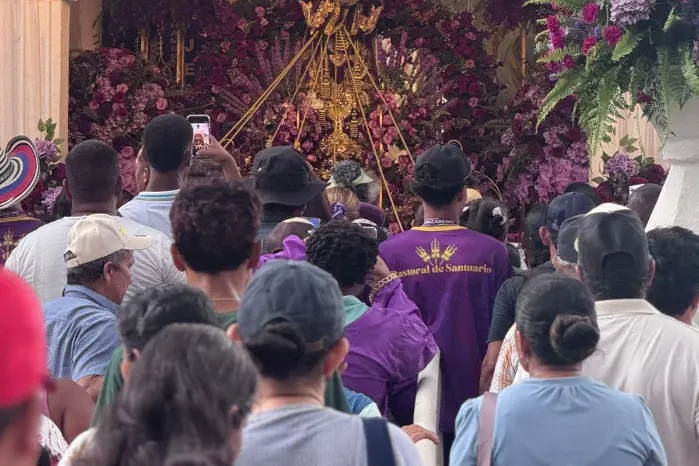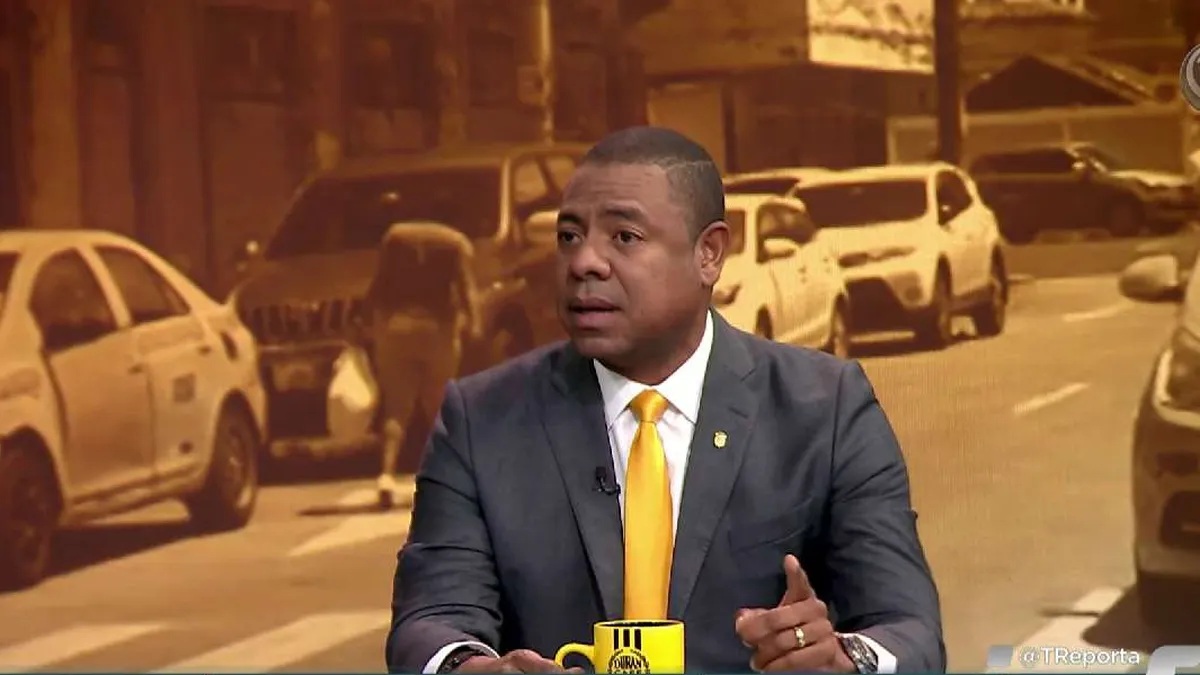Judge orders capture of man sentenced for scamming newspaper

The Judicial Investigation Directorate (DIJ) received the order to capture and deliver to the national prison system José Antonio Carrizo Mérida (“Chepi”), the man sentenced to seven years in prison for the crime of aggravated fraud against Corporación La Prensa, SA (Corprensa).
On April 11, 2022, Carrizo was sentenced by another judge (Baloisa Marquínez, of the Second Liquidation Court of Criminal Cases) to 84 months in prison; The sentence was confirmed on August 4, 2022, by the Superior Court for Settlement of Criminal Cases.
Carrizo has attempted several legal actions to prevent him from entering prison. He filed an appeal for cassation, which the Criminal Chamber of the Supreme Court of Justice denied on August 17, 2023. He also requested a clarification of the sentence, which the same chamber rejected outright, “as inadmissible,” on January 2, 2023. 2024.
The last maneuver of his lawyers has been to present an “extraordinary appeal for criminal review” of the conviction handed down in April 2022 by Judge Marquínez. There he asks for absolution. This “extraordinary appeal” reached the Court on February 15, the same day that the DIJ received the order to capture him.
Once he is detained, he will be handed over to the Directorate of the National Penitentiary System, who will decide in which prison he will serve his sentence.
Carrizo was the legal representative of the defunct advertising agency In House Advertising Inc. and, together with Aida Tejada Garagate, a former Corprensa collections officer, caused damage to the corporation of $2.5 million, between the years 2009 to 2016.
Tejada did not go to trial, as she agreed to an effective collaboration agreement with the Public Ministry and accepted a sentence of 60 months in prison.
As part of her collaboration agreement, Tejada confessed to prosecutors that she manipulated Corprensa’s account statements to benefit In House Advertising, for which she was compensated by Carrizo. The former officer said that Carrizado did charge his agency’s clients for the advertising services that Corprensa provided them.
Carrizo, in his appeal, tried to blame Tejada and the alleged lack of internal controls at Corprensa. However, the Criminal Chamber, after analyzing the file, concluded that “from logic and experience, he [Carrizo] was not immune to the criminal network that was benefiting his company for a long period.”





